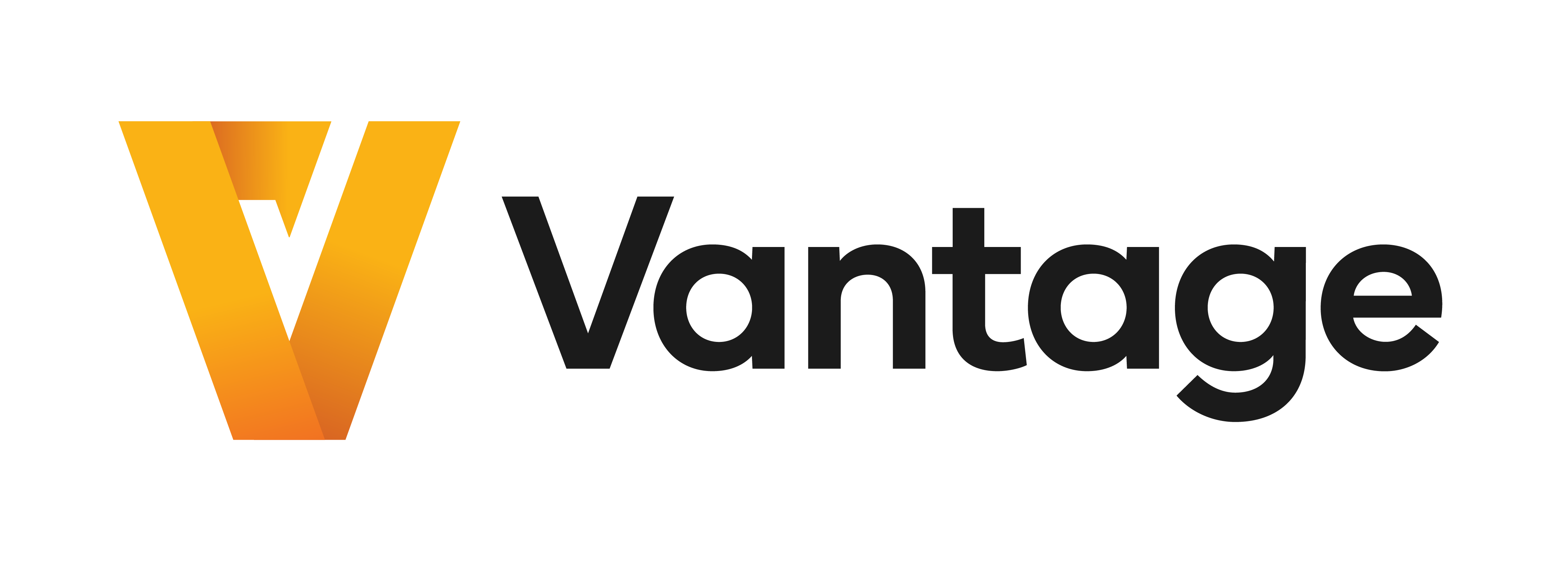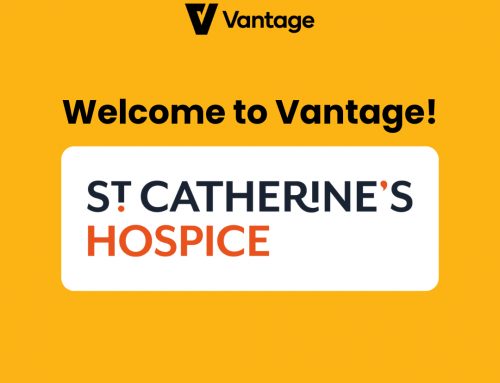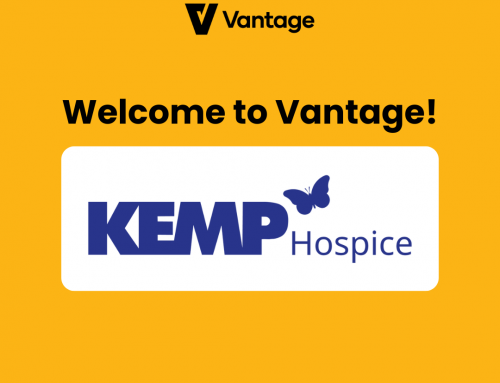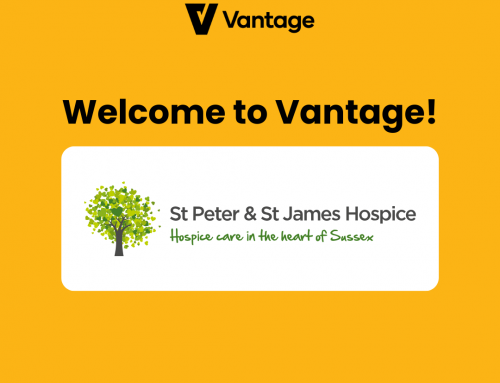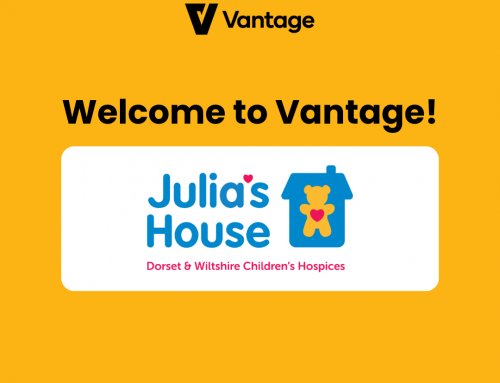
7 Drawbacks of Paper-Based Incident Reporting in Healthcare
Across healthcare, incident reporting plays a pivotal role in ensuring the safety of patients and the quality of care provided. It serves as a mechanism for healthcare professionals to document and analyse adverse events, near misses, and errors that occur within clinical and non-clinical settings. However, traditional paper-based incident reporting systems pose several challenges that can hinder their effectiveness in promoting patient safety. Explore below seven significant disadvantages of paper-based incident reporting in healthcare and how to overcome these obstacles.
1. Prone to Errors
Handwritten incident reports are susceptible to illegible handwriting, incomplete information, and data entry mistakes, compromising the accuracy and reliability of reported incidents. To mitigate this issue, healthcare organisations can implement electronic incident reporting systems like Vantage’s Incident Management module, equipped with features such as drop-down menus, autofill options, and validation checks to ensure data accuracy and completeness.
2. Delayed Reporting
Manual processes involved in paper-based incident reporting often lead to delays in reporting critical incidents, hindering timely response and intervention. Transitioning to electronic incident reporting systems enables healthcare professionals to report incidents promptly through user-friendly interfaces accessible from various devices, facilitating swift response and mitigation of adverse events.
3. Limited Accessibility
Paper-based incident reports stored in physical files or folders are less accessible compared to electronic systems, impeding quick retrieval of information and collaboration among healthcare staff. By adopting electronic incident reporting platforms accessible via secure web portals, healthcare organisations can enhance accessibility, streamline communication, and foster collaboration in incident management processes.
4. Data Security Risks
Paper-based incident reports are vulnerable to security breaches, loss, or unauthorised access, posing risks to the confidentiality and integrity of sensitive information. Implementing robust security measures such as user authentication and audit trails in electronic incident reporting systems such as Vantage helps safeguard data privacy and mitigate security threats, ensuring compliance with healthcare regulations and standards.
5. Inefficient Analysis
Manual data extraction and processing make it challenging to analyse trends and patterns in incident data within paper-based systems, hindering effective identification of root causes and implementation of corrective actions. Electronic incident reporting solutions such as Vantage equipped with comprehensive analytics and reporting capabilities enable healthcare organisations to analyse and manipulate incident data, identify systemic issues, and proactively address patient safety concerns.
6. Resource Intensive
Maintaining paper-based incident reporting systems requires significant resources in terms of paper, storage space, and administrative efforts, which could be allocated more efficiently. By transitioning to an electronic incident reporting solution such as Vantage, healthcare organisations can reduce paper waste, printing costs, optimise resource utilisation, and streamline administrative tasks, thereby enhancing operational efficiency and cost-effectiveness.
7. Compliance Risks
Relying on paper-based incident reporting systems may expose healthcare organisations to compliance risks associated with regulatory requirements and accreditation standards. Electronic incident reporting solutions offer built-in compliance features, such as configurable templates, standardised reporting formats, and automated notifications, helping healthcare organisations maintain compliance and uphold regulatory standards effectively.
How Vantage Can Help
By implementing Vantage healthcare organisations are equipped with robust features and functionalities, that can help overcome these drawbacks, streamline incident management processes, and foster a culture of continuous improvement in patient safety and quality of care:
